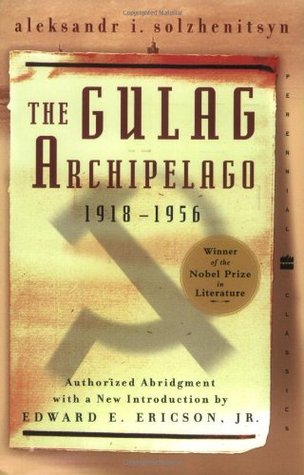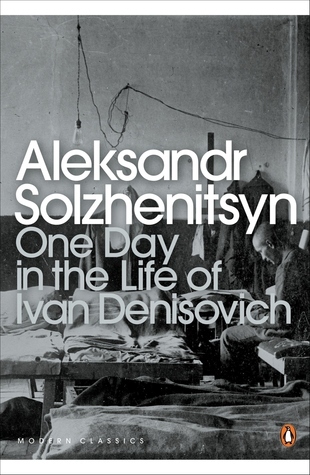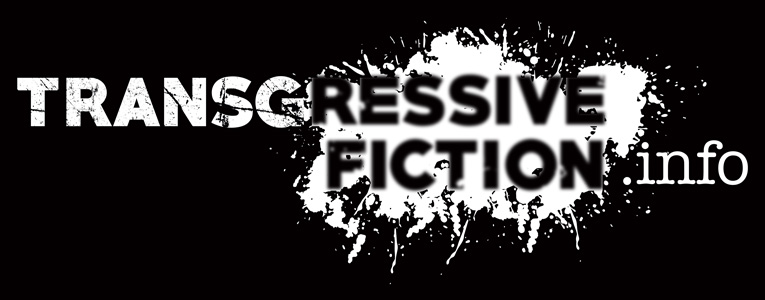 Aleksandr Isayevich Solzhenitsyn was a Soviet and Russian novelist, dramatist, and historian. Through his writings he helped to make the world aware of the Gulag, the Soviet Union’s forced labor camp system – particularly The Gulag Archipelago and One Day in the Life of Ivan Denisovich, two of his best-known works.
Aleksandr Isayevich Solzhenitsyn was a Soviet and Russian novelist, dramatist, and historian. Through his writings he helped to make the world aware of the Gulag, the Soviet Union’s forced labor camp system – particularly The Gulag Archipelago and One Day in the Life of Ivan Denisovich, two of his best-known works.
Solzhenitsyn was awarded the Nobel Prize in Literature in 1970. He was exiled from the Soviet Union in 1974 and returned to Russia in 1994. Solzhenitsyn was the father of Ignat Solzhenitsyn, a conductor and pianist.
Books

The Gulag Archipelago 1918-1956
Drawing on his own incarceration and exile, as well as on evidence from more than 200 fellow prisoners and Soviet archives, Aleksandr I. Solzhenitsyn reveals the entire apparatus of Soviet repression — the state within the state that ruled all-powerfully.Through truly Shakespearean portraits of its victims — men, women, and children — we encounter secret police operations, labor camps and prisons; the uprooting or extermination of whole populations, the welcome that awaited Russian soldiers who had been German prisoners of war. Yet we also witness the astounding moral courage of the incorruptible, who, defenseless, endured great brutality and degradation. The Gulag Archipelago 1918-1956 — a grisly indictment of a regime, fashioned here into a veritable literary miracle — has now been updated with a new introduction that includes the fall of the Soviet Union and Solzhenitsyn’s move back to Russia.

One Day in the Life of Ivan Denisovich
First published in the Soviet journal Novy Mir in 1962, One Day in the Life of Ivan Denisovich stands as a classic of contemporary literature. The story of labor-camp inmate Ivan Denisovich Shukhov, it graphically describes his struggle to maintain his dignity in the face of communist oppression. An unforgettable portrait of the entire world of Stalin’s forced work camps, One Day in the Life of Ivan Denisovich is one of the most extraordinary literary documents to have emerged from the Soviet Union and confirms Solzhenitsyn’s stature as “a literary genius whose talent matches that of Dosotevsky, Turgenev, Tolstoy”–Harrison Salisbury
It’s an universal law– intolerance is the first sign of an inadequate education. An ill-educated person behaves with arrogant impatience, whereas truly profound education breeds humility.
The belly is an ungrateful wretch, it never remembers past favors, it always wants more tomorrow.
If only it were all so simple! If only there were evil people somewhere insidiously committing evil deeds, and it were necessary only to separate them from the rest of us and destroy them. But the line dividing good and evil cuts through the heart of every human being. And who is willing to destroy a piece of his own heart?
Thus it is that no cruelty whatsoever passes by without impact. Thus it is that we always pay dearly for chasing after what is cheap.
In keeping silent about evil, in burying it so deep within us that no sign of it appears on the surface, we are implanting it, and it will rise up a thousand fold in the future. When we neither punish nor reproach evildoers, we are not simply protecting their trivial old age, we are thereby ripping the foundations of justice from beneath new generations.
Own only what you can always carry with you: know languages, know countries, know people. Let your memory be your travel bag.

